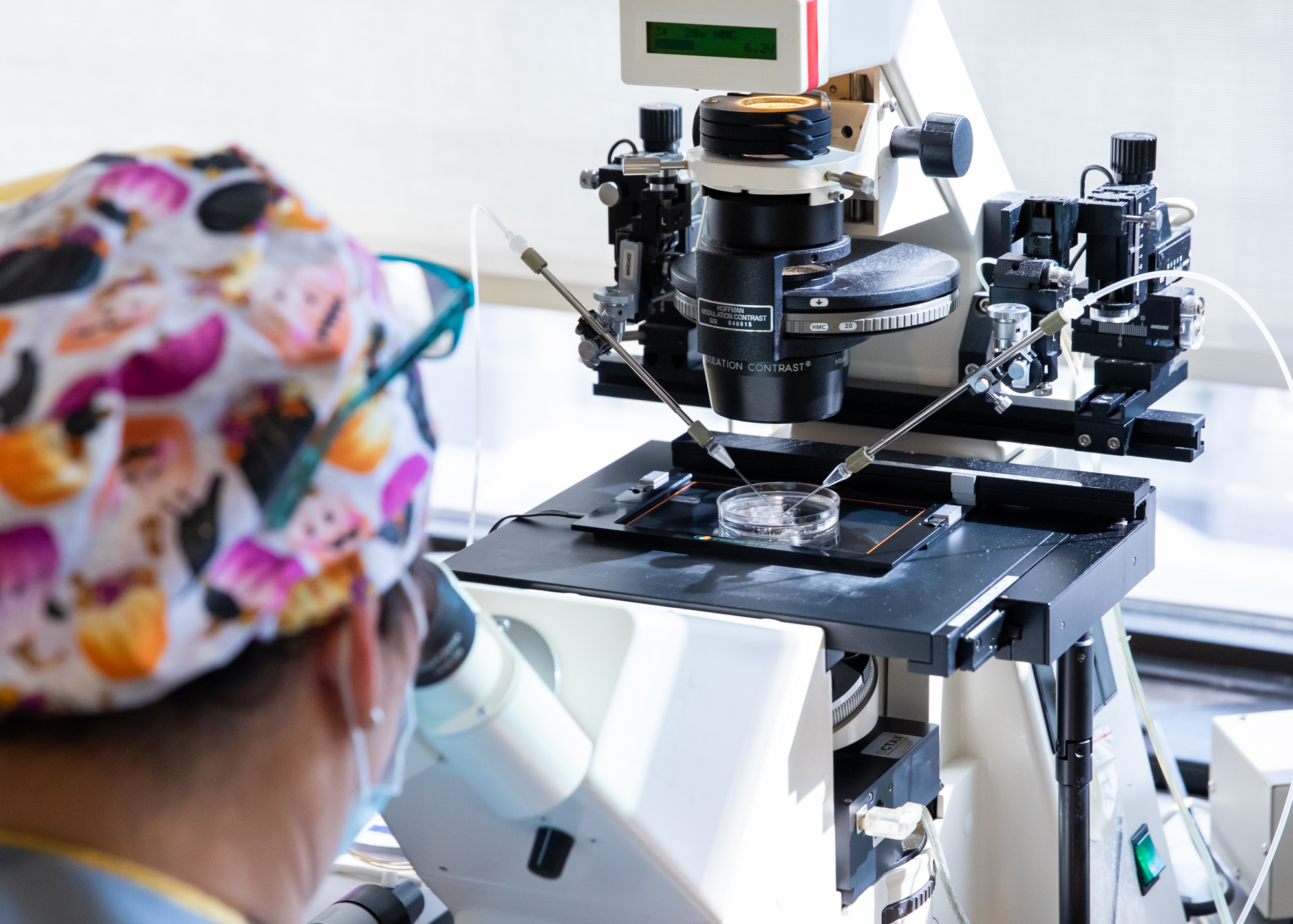Five facts about assisted reproduction

Today, there are a number of ways to start a family. Everyone’s journey is different, with some needing more assistance when it comes to having a baby.
Assisted reproduction has helped many Canadians experiencing infertility. Dr. Kimberly Liu, medical director and infertility physician at Mount Sinai Fertility shares five important facts you need to know about fertility treatments:
1. One in six Canadians experience a need for assisted reproduction
It is a common misconception that it is easy to get pregnant. This is not exactly the case for everyone, in fact 186 million individuals live with infertility worldwide, according to the World Health Organization. “With so many experiencing this, it’s important to empower those individuals with the right information for all options on assisted reproduction,” said Dr. Liu.
2. There are various causes of infertility
Infertility can be traced to either partner, or a combination of both partners. Causes of infertility may include past treatments for cancer, chronic illnesses like diabetes, tobacco and alcohol use and being under weight or over weight.
3. Stress does not cause infertility or miscarriage
There is no research indicating that stress can cause infertility or miscarriage, although as fertility struggles continue, stress may increase, affecting the experience of the journey. For this reason, it is always recommended that patients find ways to reduce stress so they can continue their fertility journey and move forward with starting a family.
4. The technology for freezing eggs has improved considerably in recent years
This allows for improved outcomes and potential opportunities to have a family at a later date despite declining fertility or a medical condition that affects fertility. The number of people freezing eggs for a medical condition, such as cancer, has doubled in the past five years, while those freezing eggs for non-medical reasons has been increasing by about 40 per cent every year.
5. The COVID-19 mRNA vaccines do not affect in-vitro fertilization (IVF) success rates
A study from Sheba Medical Center in Israel found that the mRNA coronavirus vaccines have no negative effect on frozen-thawed embryo transfer, the core practice of IVF. The research team found no difference in the rate of pregnancy between the vaccinated and unvaccinated test groups.
For more information about assisted reproduction and the various treatment options, visit the Mount Sinai Fertility website.













